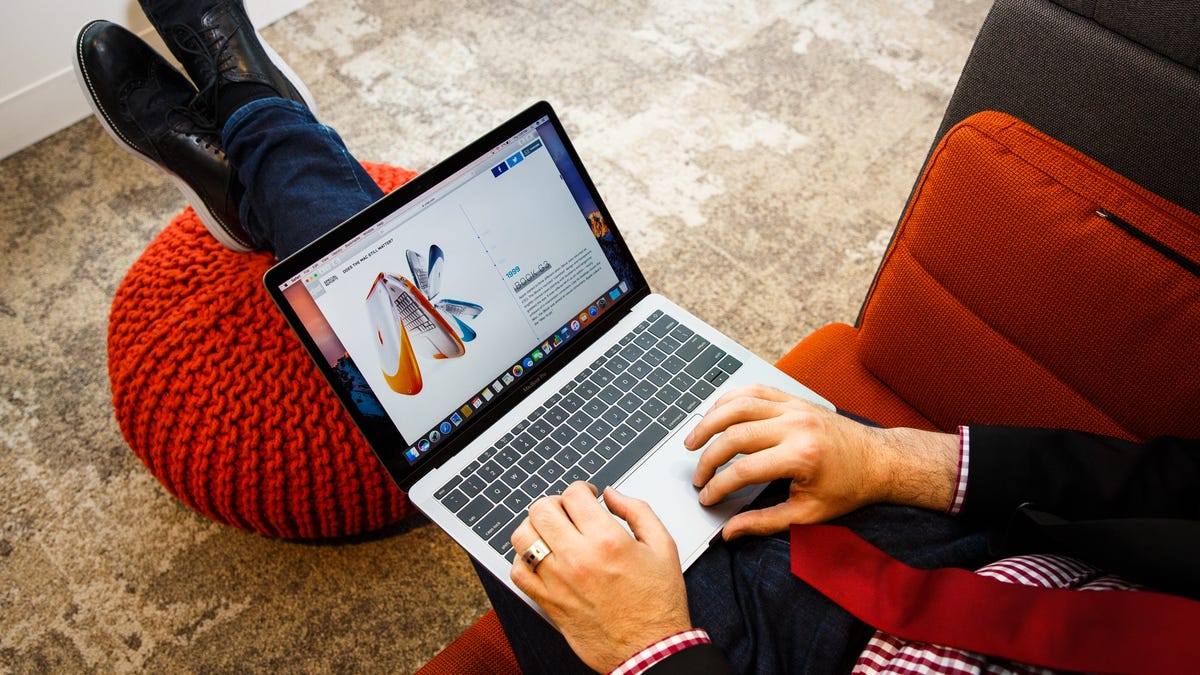Consumer Reports will retest MacBook Pro battery life
The publication will give the MacBook Pro a second chance after Apple fixes a bug that reportedly led to inconsistent scores.

Battery tests run by CNET Labs fell within our acceptable parameters across multiple runs.
Last month, venerable product testing publication Consumer Reports said it couldn't recommend Apple's latest MacBook Pro models because of inconsistent battery life results. On the 13-inch model, CR got battery runs that ranged from 16 hours down to less than four hours.
After working with Consumer Reports to figure out why its tests we not giving the expected results, Apple and the publication on Tuesday announced a possible culprit.
For its battery testing in MacBooks, Consumer Reports used a developer mode in Safari that turned off the browser cache. By itself, that wouldn't have made the battery life so wildly inconsistent. But that developer mode also contained a previously unknown bug that Apple says affected the battery score.
In a statement Tuesday, Apple said the publication's previous tests didn't reflect consumer usage and that developer bug has now been fixed.
"We appreciate the opportunity to work with Consumer Reports over the holidays to understand their battery test results. We learned that when testing battery life on Mac notebooks, Consumer Reports uses a hidden Safari setting for developing web sites which turns off the browser cache. This is not a setting used by customers and does not reflect real-world usage. Their use of this developer setting also triggered an obscure and intermittent bug reloading icons which created inconsistent results in their lab. After we asked Consumer Reports to run the same test using normal user settings, they told us their MacBook Pro systems consistently delivered the expected battery life. We have also fixed the bug uncovered in this test. This is the best pro notebook we've ever made, we respect Consumer Reports and we're glad they decided to revisit their findings on the MacBook Pro."
While some consumers have also complained about battery life that fell short of Apple 's promised 10 hours on the new 13-inch and 15-inch MacBook Pro models, the tests run by CNET Labs fell within our acceptable parameters across multiple test runs. (Every publication and testing organization, including CNET Labs, uses its own proprietary battery test methodology).
At the time, I wrote: "Battery life is the big question here. The 13-inch MacBook Pro with the Touch Bar ran for 10:07 on our streaming video playback test, which matches up with Apple's predicted 10 hours of battery life. The lower-end 13-inch Pro without the Touch Bar ran for an even more impressive 11:36 in same test, beating Apple's estimates."
In an updated blog of on its website, Consumer Reports said, "Once our retesting of the MacBook Pro's batteries is complete, we will report back with our update and findings."
Does the Mac still matter? Apple execs tell why the MacBook Pro was over four years in the making, and why we should care. Read about it here.
Tech Enabled: CNET chronicles tech's role in providing new kinds of accessibility. Check it out here.

